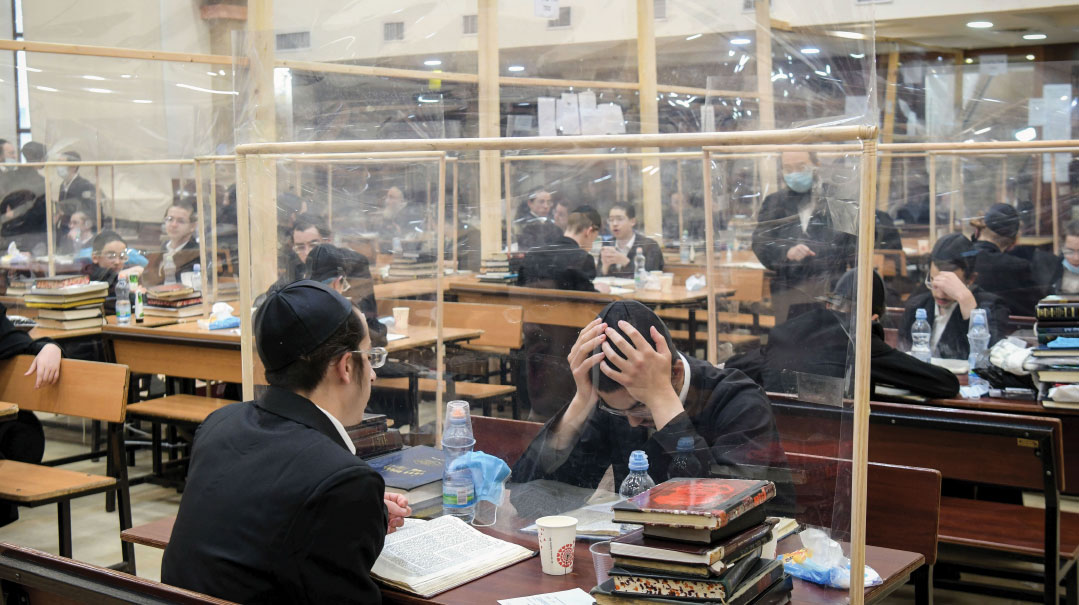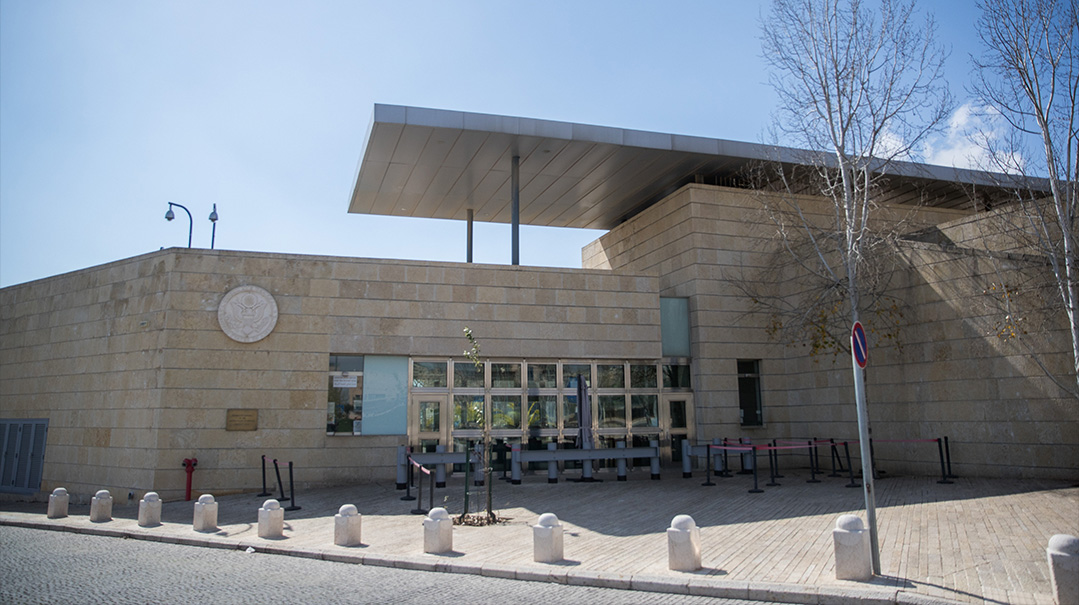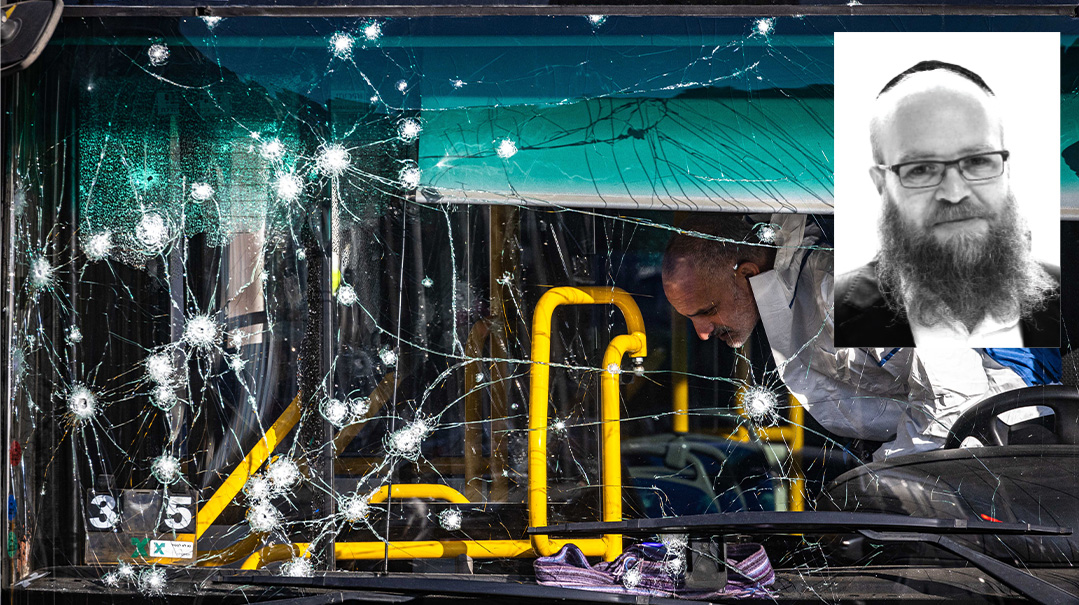A Slow Return to Yeshivah

"At the end of the day, the capsule plan has succeeded much better than we expected”

Dr. Meshulam Hart, a pediatrician in Bnei Brak, is the man advising gedolei Yisrael about how best to return students to school in the wake of the COVID-19 pandemic.
“Because of the dangers of a spiritual decline,” he said, “we’re trying to gradually return the yeshivah students so they’ll be able to learn while protecting their health.”
Dr. Hart describes the new routine in the yeshivos ketanos: “The schedule of a yeshivah ketanah student in ordinary times is davening, breakfast, and then seders. We’ve eliminated davening in the yeshivah and breakfast. In the classes, they maintain a distance of two meters from each other. The hat and coat are always with the bochur. They go home again for Minchah and lunch and return later for afternoon seder.
“In addition, there’s a transparent barrier separating the maggid shiur from his students. The virus can be transmitted from relatively long distances, so we want to ensure their safety.”
The government and the yeshivah system agreed to implement a so-called “capsule plan” in which small groups of bochurim (15 to 20) would study together and be isolated from other students. After more than a month, the plan has been a significant success. There have been a few new coronavirus cases, but nothing like the mass breakouts of previous months.
Now the problem is a lack of batei medrash. Ohel Kedoshim in Bnei Brak is locked up, while the yeshivah of Rav Shmuel Markowitz has occupied the main beis medrash. The bochurim who returned to Ponevezh (it remains officially closed) separated into groups in the surrounding shuls, splitting up based on the vaadim. The bochurim hear classes from the maggidei shiurim by phone.
At the same time, another group from the Ponevezh yeshivah continues to learn at a shul in Sanhedria Murchevet in Jerusalem.
At Beit Medrash Elyon in Bnei Brak, school administrators decided to reopen before Shavuos without adopting the capsule plan. This week one bochur tested positive for the virus, and after an extensive review it was decided to quarantine everyone he came into contact with, but not to close the yeshivah.
“At the end of the day, the capsule plan has succeeded much better than we expected,” one rosh yeshivah tells me. “Compared with the hundreds of students and educators infected [in the general population], compared with the thousands of students and teachers in quarantine, we’ve had only a handful of cases in the yeshivos, and relatively small numbers quarantined.”
In most yeshivos where the rules were followed strictly, bochurim were forbidden to leave the walls of the yeshivah. Therefore, yeshivah administrators have rewarded students with joint outings. For instance, the Ateres Shlomo yeshivah in Rishon L’Tzion received a separate area on the beach where the bochurim could congregate, without coming into contact with other swimmers.
In the Porat Yosef yeshivah in Jerusalem, bochurim went to Meron and other kivrei tzaddikim in the north. They also went to celebrate the wedding of the grandson of Chacham Shalom Cohen, which was held on the yeshivah grounds.
In the Chevron yeshivah in Givat Mordechai, it was decided to give the bochurim a different experience: a mass hachnassas sefer Torah accompanied by chassidish singers Meir Adler and Araleh Samet. The hachnassas sefer Torah took place this Sunday with the participation of the entire yeshivah, which combined into one large group for the event.
(Originally featured in Mishpacha, Issue 816)
Oops! We could not locate your form.












